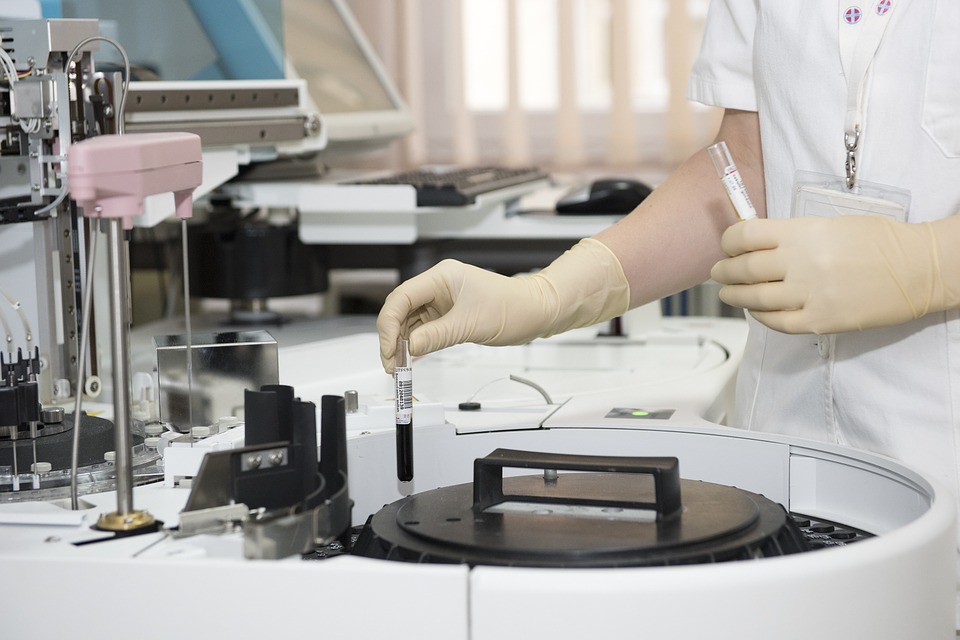The doctor-patient fiduciary alliance has a considerable healing power. It is an essential ingredient to achieve an accurate diagnosis, appropriate treatment, and restoration of the patient’s health. Mutual trust, knowledge, and respect are vital components in attaining an effective doctor-patient relationship.
Patients greatly appreciate the doctor’s willingness to listen to their concerns and the heart to care for them. The patient must have confidence in the expertise of the doctor and must freely confide all information relevant to the injury or illness. In the absence of trust, the patient will not disclose complete information, and this would adversely impair the necessary treatment.

On the other hand, doctors should respect the patient’s privacy and uphold the patient’s dignity. Doctors must not divulge information about the patient’s case to others without permission from the patient.
Some of the important factors for building a trusting relationship include the doctor’s competency, comforting and caring attitude, the doctor’s initiative in encouraging questions and spending time in explaining the answers, respect and fairness patients felt they received from their doctors, and the frequency of patient-doctor communications.
The Importance of Informed Consent
Transparent medical practice, one built on trust, is very vital to the medication process. Doctors know best. However, doctors should disclose to the patient the pros and cons of the medication process so that the patient may voluntarily choose to refuse or accept the treatment. Patients should play an active role in the decisions made relative to their health.
The Patient-God Relationship
We cannot deny the tremendous effect of spirituality on health. Various miraculous cures show the positive relationship between healing and faith. Strong faith in God increases optimism and reduces anxiety. Consequently, this would result in a quicker recovery from illness. Moreover, scientific studies acceded to the healing effects of prayer.

Tom Knox, a former atheist, attests to the overwhelming power of prayer. He is now a believer in God after a thorough research and study of the medical benefits of faith. There are documentations made on miraculous cures, and scientific studies had validated its effectiveness.
Many believe in a divine power. Spirituality is a source of comfort and support for a lot of patients. It serves as a source of coping for people with serious illnesses.
The Doctor-God Relationship
Doctors with deep religious faith have the great opportunity of having Jesus, the Greatest Doctor, as an epitome in caring for the sick. God is love, and God’s great commandment is to manifest His love through loving the patients. Physicians have noticed that the patient’s faith in God has a tremendous effect on the healing process. Current research also supports this notion.
Experienced doctors confirmed that unusual healing had taken place after the patient received a prayer for healing. Dr. Koening says that people who are more religious are healthier compared to those who do not believe in God. Moreover, studies show that religious persons live longer than atheists.
The survey shows that there are medical schools that offered formal courses in “Spirituality in Medicine” for medical students. An example is the University of Washington School Medicine.
Takeaway
By bolstering the God-doctor-patient relationship, patients and doctors find themselves empowered by the grace and mercy of God as they join together in delving deeper the mysteries of medicine, resolving the dilemma of disease, and hoping for a genuine healing.
God works through anything or anybody in a variety of ways to heal the sick at the appropriate time. He is ready to work on every detail of man’s life, bringing about healing in all aspects.
Read also:























